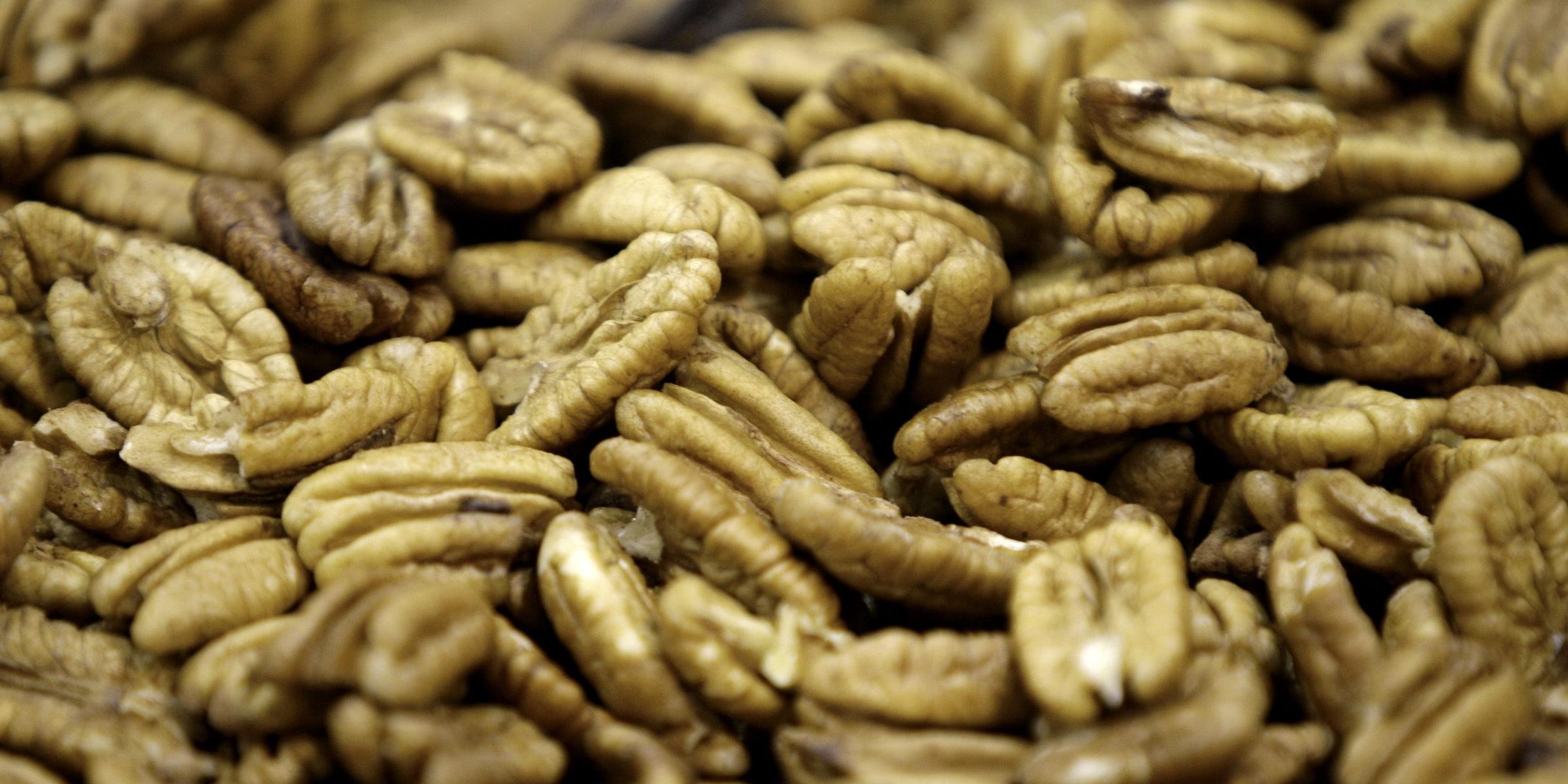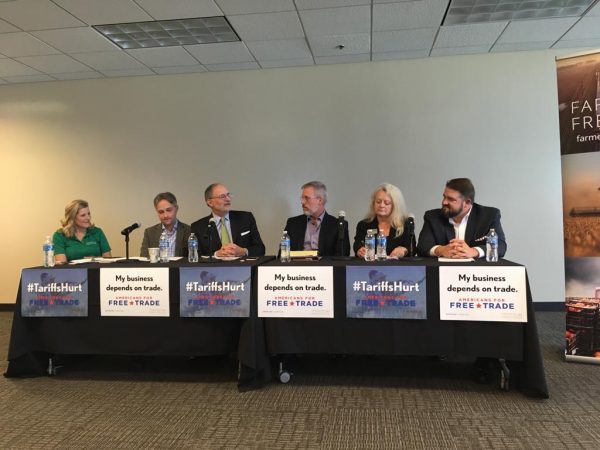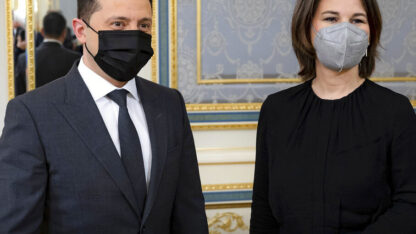Ga. Business Owners And Farmers Say Tariffs Are Causing Profits To Shrink

On Saturday, the White House said there would be a pause in a further increase of tariffs scheduled for Jan. 1, 2019.
LM OTERO / Associated Press file
Georgia businesses, farmers and manufacturers have paid more than $45 million in tariffs on imported goods so far this year, according to research by the Trade Partnership, a Washington, D.C.- based economic consulting group.
At a town hall in midtown Atlanta on Thursday, business owners and farmers said they are watching their profits shrink because of increased tariffs on Chinese goods bought into this country.
The increased tariffs are in response to President Donald Trump administration’s tariffs on steel and aluminum.

Pecan Growers
On Saturday, the White House announced that tariffs on $200 billion worth of Chinese goods that were expected to increase from 10 to 25 percent on January 1, 2019 will be on hold. China has agreed to start purchasing agricultural product from our farmers immediately.
Pecan growers in South Georgia, like Bryan Willis, have seen a 30 percent price drop and has been selling fewer pecans to China because of the high tariffs.
“Pecan industry’s been really, really kicked in the teeth,” Willis said. “We got tornadoes last year, hurricanes this year. And now we’ve got awful prices.”
Willis said it’s not clear if China will actually buy more agricultural products now, but he’s encouraged and “cautiously optimistic.”
Former ambassador Charles Shapiro, president of the World Affairs Council of Atlanta at Georgia State University, said the tariffs have hurt many industries, including Georgia’s pecan growers.
“The Chinese say they will buy more U.S. agricultural product,” Shapiro said. “What does that mean? Is that going to help our farmers in our state? We’ll have to see.”
The latest negotiation keeps the tariffs at their current level, with the hopes for a real trade deal with China in the next few months.
Seafood Tariff
Michael Alexander, president and CEO of King & Prince Seafood in Brunswick, said he has increased prices for restaurants in North America because of the 25 percent tariff China imposed on U.S. seafood.
“With the 10 percent of our products coming from China subjected to this, if a customer says we can’t afford our price increase, that’s 10 percent of our business,” Alexander said. “We’re having to talk to our customers about price increases and they’re having to make the decision: do we keep this on the menu?”
His company exports jellyfish to Asia, and also imports some of its fish from China. He said he is looking to automate part of the business to save money but the tariffs on steel will make that costly as well.
“The cost of goods has gone up 25 percent and it’s a pennies business,” Alexander said. “We’re not making dollars, we’re making pennies. So there’s no room. Otherwise, we lose money.”
According to the economic consulting group The Trade Partnership, Georgia businesses spent three times more on tariffs in September 2018 compared to September 2017.
“Georgia farmers and retailers are being asked to pay for Chinese overproduction of steel,” former ambassador Charles Shapiro said. “And that strikes me as being extraordinarily illogical.”
The town hall was sponsored by a free-trade advocacy group called Tariffs Hurt the Heartland.








